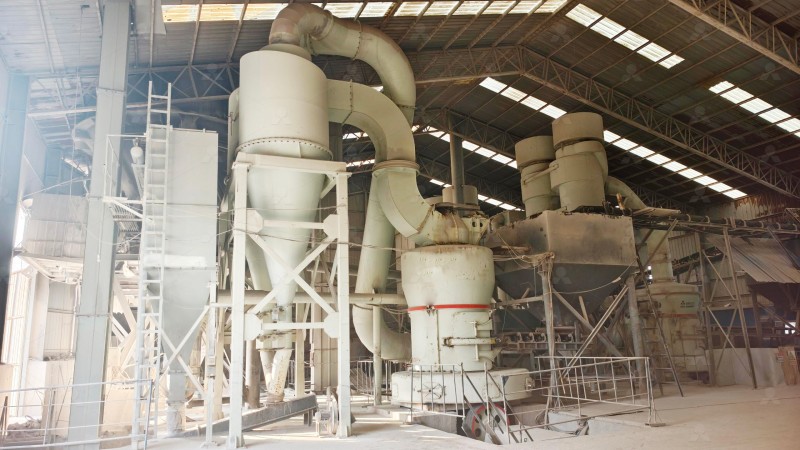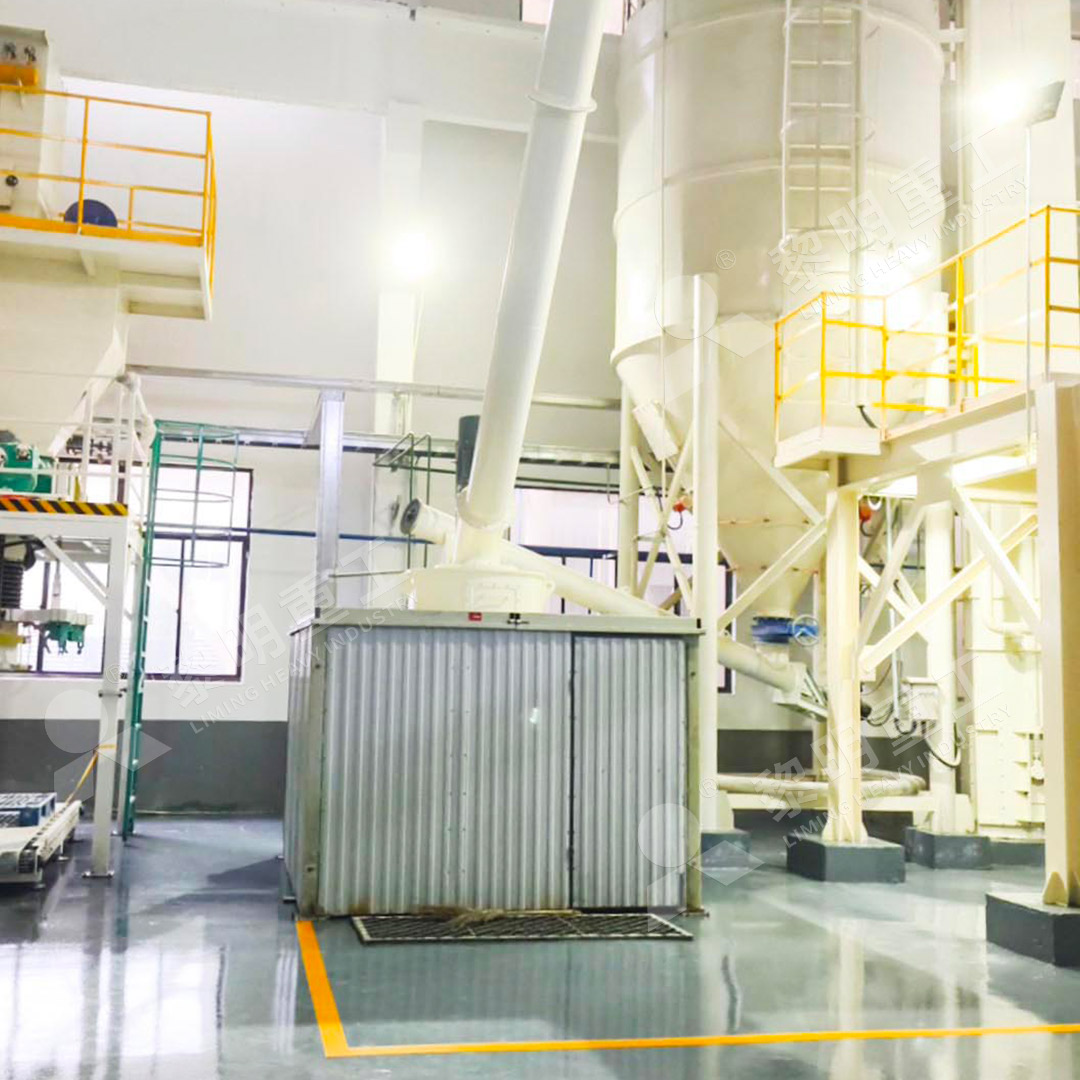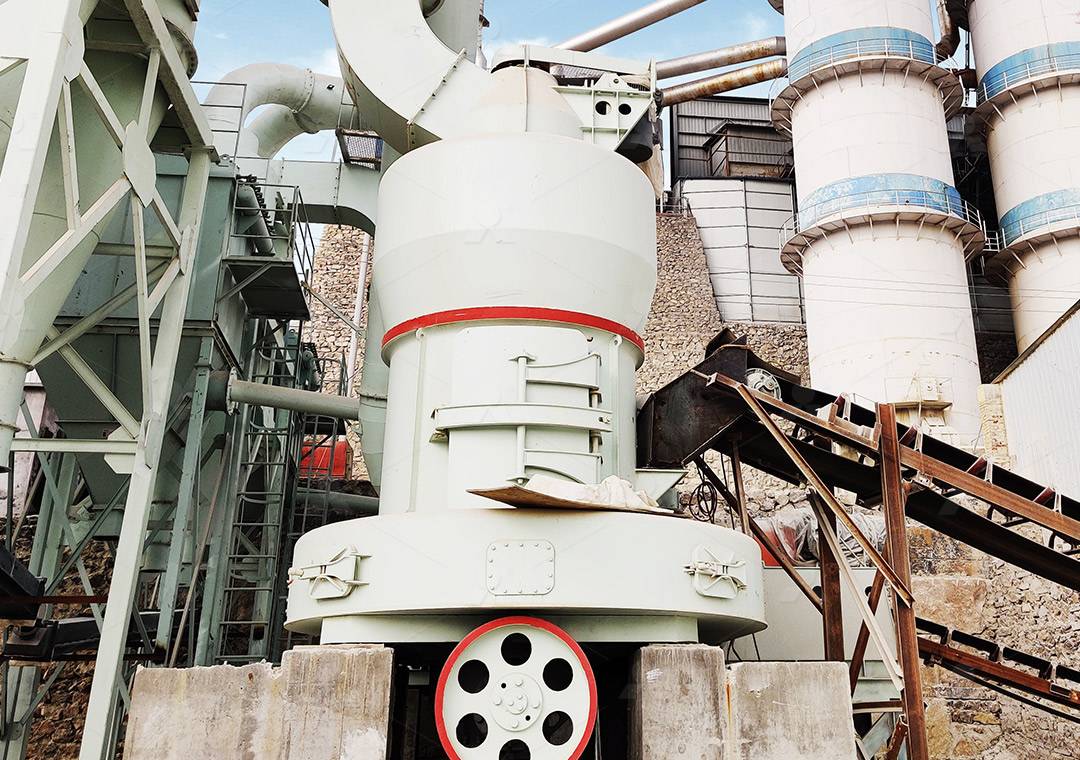How Much Is The Hourly Capacity Of Petroleum Coke Grinding Mill?
We provide a wide range of mills — including Raymond mill, trapezoidal mill, vertical mill, ultrafine mill, and ball mill, obtained ISO9001 international quality certification, EU CE certification, and Customs Union CU-TR certification. Suitable for processing minerals such as limestone, phosphate, quicklime, kaolin, talc, barite, bentonite, calcium carbonate, dolomite, coal, gypsum, clay, carbon black, slag, cement raw materials, cement clinker, and more.
The discharge range of these mills can be adjusted to meet specific processing needs, typically from 80-400 mesh, 600-3250 mesh, and can achieve the finest particle size of up to 6000 mesh(D50).
If you are looking for a reliable grinding solution to turn stone or minerals into fine powder, please feel free to contact our online customer service.
How Much Is The Hourly Capacity Of Petroleum Coke Grinding Mill?
When planning a petroleum coke processing operation, one of the most critical questions that arises is: What hourly capacity can we expect from our grinding mill? This isn’t a simple one-size-fits-all answer, as capacity depends on multiple factors including feed size, desired fineness, material characteristics, and the specific grinding technology employed.
Petroleum coke, a carbonaceous solid derived from oil refinery coker units, presents unique grinding challenges due to its abrasive nature and varying hardness. The grinding process must balance production throughput with energy efficiency and final product quality to ensure economic viability.

Key Factors Affecting Grinding Capacity
Several variables significantly impact the hourly throughput of petroleum coke grinding operations:
- Feed Size Distribution: Smaller input sizes generally allow for higher throughput as less work is required for size reduction
- Target Fineness: Higher fineness requirements (measured in meshes or microns) typically reduce capacity due to increased grinding time
- Material Moisture Content: Excessive moisture can reduce efficiency and require additional drying energy
- Mill Configuration: The specific design of grinding elements, classifier system, and drive power all influence capacity
- Operation Parameters: Grinding pressure, airflow rates, and feed consistency affect performance
Advanced Grinding Solutions for Petroleum Coke
For operations requiring ultra-fine petroleum coke powders, traditional grinding approaches often fall short in both efficiency and product quality. This is where advanced grinding technologies make a significant difference.
Our MW Ultrafine Grinding Mill represents a technological leap forward in petroleum coke processing. With an input size capability of 0-20 mm and capacity ranging from 0.5 to 25 tons per hour, this system is specifically engineered for customers who need to produce ultra-fine powder efficiently. The MW series incorporates several proprietary technologies that enhance both capacity and product quality while reducing operational costs.

Technical Advantages for Enhanced Capacity
The MW Ultrafine Grinding Mill achieves its impressive capacity through several innovative features:
- Higher Yielding, Lower Energy Consumption: Newly designed grinding curves of grinding roller and grinding ring further enhance grinding efficiency. With the same fineness and power, production capacity is 40% higher than jet grinding mills and twice as large as ball grinding mills, while system energy consumption is only 30% of jet grinding mills.
- Adjustable Fineness Between 325-2500 Meshes: The cage-type powder selector adopts German technologies, effectively increasing powder separation precision. Multi-head cage-type powder selectors can be configured according to specific yield, fineness, and sieving rate requirements.
- No Rolling Bearing & Screw in Grinding Chamber: This unique design eliminates concerns about bearing damage or machine failure caused by loose screws, enabling continuous 24-hour operation.
- Eco-friendly Operation: Equipped with efficient pulse dust collection and noise reduction systems, the entire milling system operates without dust pollution and minimal noise impact.
Optimizing Your Petroleum Coke Grinding Operation
To maximize hourly capacity in petroleum coke grinding, consider these operational best practices:
- Implement consistent feed size control through proper pre-crushing
- Maintain optimal moisture levels to prevent capacity reduction
- Regularly monitor and adjust classifier settings for target fineness
- Schedule preventive maintenance to avoid unexpected downtime
- Utilize automated control systems for consistent operation parameters
For operations requiring even higher capacity with different fineness requirements, our LUM Ultrafine Vertical Grinding Mill offers another excellent solution. With input size of 0-10 mm and capacity ranging from 5-18 tph, this mill integrates the latest Taiwan grinding roller technology and German powder separating technology, providing exceptional performance for petroleum coke applications.

Frequently Asked Questions
Q: What is the typical capacity range for petroleum coke grinding mills?
A: Capacity varies significantly based on mill type and configuration. Our MW Ultrafine Grinding Mill handles 0.5-25 tph, while the LUM Ultrafine Vertical Grinding Mill processes 5-18 tph. Traditional Raymond mills typically manage 0.6-5 tph for petroleum coke applications.
Q: How does feed size affect grinding capacity?
A: Smaller feed sizes generally allow higher throughput. Our MW mill accepts 0-20 mm input, while proper pre-crushing to the lower end of this range can increase capacity by reducing the work required in the grinding chamber.
Q: Can the same mill handle different fineness requirements?
A: Yes, advanced mills like our MW series offer adjustable fineness between 325-2500 meshes through advanced cage-type powder selectors, allowing operators to balance capacity and product specifications.
Q: What maintenance factors impact long-term capacity?
A: Regular maintenance of grinding elements, proper lubrication, and monitoring of classifier components are crucial. Our MW mill’s design without rolling bearings in the grinding chamber significantly reduces maintenance-related capacity losses.
Q: How does energy consumption relate to capacity?
A: More efficient mills deliver higher capacity per unit of energy consumed. Our MW Ultrafine Grinding Mill achieves 40% higher capacity than jet mills while using only 30% of the energy, making it both high-capacity and cost-effective.
